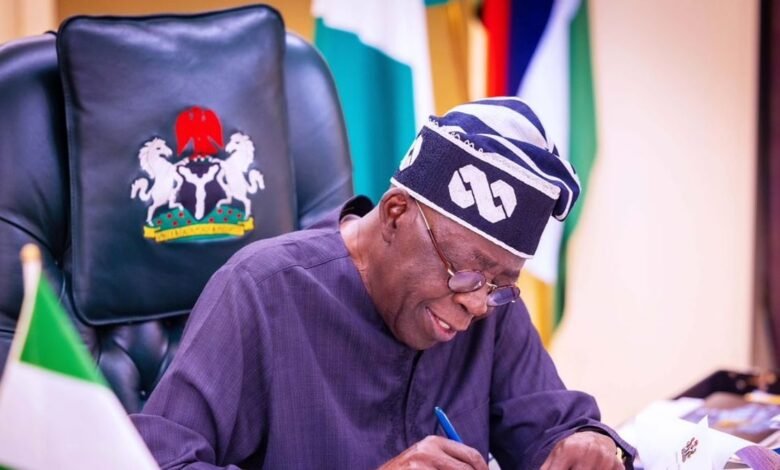Nigeria Battles Soaring Inflation and Currency Crisis, Calls for Unity

In a nation grappling with the weight of economic turmoil, Nigeria stands at a precipice, its people caught in the throes of an unprecedented crisis. The country, once buoyed by its oil-rich lands, now faces a stark reality: surging inflation, a plummeting currency, and sweeping government reforms that have yet to stem the tide of hardship. It’s a narrative not unfamiliar to many, but its implications run deep, affecting millions. As President Bola Tinubu rallies efforts to attract investors and stabilize the nation’s economy, the question remains: can Nigeria navigate its way out of this storm?
At the core of Nigeria’s distress is a severe economic crisis, characterized by a surging inflation rate and a plummeting currency. The government’s attempts at reform, although well-intentioned, have yet to yield the desired results, leaving many Nigerians to face the daily struggle for basic necessities. Prices for food, healthcare, and housing have skyrocketed, pushing the population to the brink and sparking protests across the nation. This dire situation underscores the country’s heavy dependence on crude oil, a sector that, while lucrative, has proven volatile and unreliable in the face of global market shifts.
Government’s Response to the Crisis
In response to the economic downturn, the Nigerian government, under the leadership of President Bola Tinubu, has initiated a series of measures aimed at stabilizing the economy and restoring confidence among the populace. These efforts include attracting foreign investment and implementing policies designed to diversify the economy beyond its traditional reliance on oil exports. Despite these initiatives, the impact on the daily lives of Nigerians remains profound, with many questioning when they will see a tangible improvement in their living conditions.
In light of Nigeria’s precarious situation, Aminu Waziri Tambuwal, former Governor of Sokoto State and current Senator, has likened the country’s state to a patient in the Intensive Care Unit (ICU) in dire need of immediate attention. Tambuwal’s analogy is a stark reminder of the urgency required to address the crises facing Nigeria. He emphasizes the need for a collective effort to rescue the nation, calling on individuals and institutions across political, religious, and ethnic lines to come together for the common good. “It is our collective responsibility to save our country,” Tambuwal asserts, urging for honest conversations and actions that appeal to humanity’s conscience.
Tambuwal’s message extends to the media, whom he implores to portray the Nigerian situation truthfully and hold authority accountable. He stresses the importance of journalism in serving humanity, advancing the nation’s interests, and instilling hope among the populace. His call to action resonates with a sense of urgency and a plea for unity to inspire positive change, highlighting the critical role every Nigerian has to play in navigating the country out of its current predicament.
In times of crisis, the true measure of a nation’s spirit is often revealed. For Nigeria, the path forward is fraught with challenges, but it also offers an opportunity for renewal and resilience. As government initiatives take shape and the calls for collective action grow louder, the hope for a stable and prosperous Nigeria remains undiminished.


